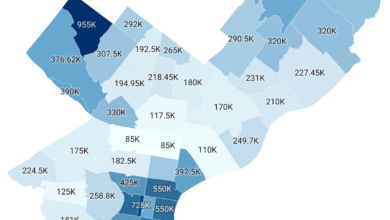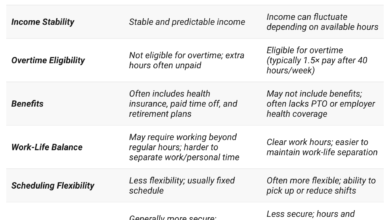In March, the rate of price increases in the euro zone noticeably slowed down, however, there was a record high in core inflation.

The 1.6% decrease was mainly due to lower energy costs. However, these numbers are not convincing enough to suggest that the European Central Bank will halt its rate increases, which began in July.

Preliminary data released by Eurostat on Friday showed a significant drop in inflation within the euro zone in March, mainly due to the continuing decline in energy prices. However, core expenses reached an all-time high during the same period.According to the report, the headline inflation rate in the 20-member bloc was 6.9% in March, compared to 8.5% in February.
According to the report, the headline inflation rate in the 20-member bloc was 6.9% in March, compared to 8.5% in February.
In March, inflation fell by 1.6 percentage points, primarily due to a decline in energy costs. However, the prices of other items in the inflation basket, particularly food, continued to remain high, contributing significantly to the overall inflation rate.
Excluding the volatile prices of energy, food, alcohol, and tobacco, the core inflation rate increased slightly from the previous month. In March, it hit an all-time high of 5.7%, up from 5.6% in February.
The recent figures on inflation do not appear to provide significant evidence that the European Central Bank (ECB) will consider halting its cycle of raising interest rates, which commenced in July. According to Jack Allen-Reynolds, the deputy chief economist for the euro zone at Capital Economics, the ECB policymakers are unlikely to give much weightage to the decrease in headline inflation in March. Rather, they will be more apprehensive about the fact that the core inflation rate reached a new peak, as stated in a note on Friday.
Source of information ; Euronews




